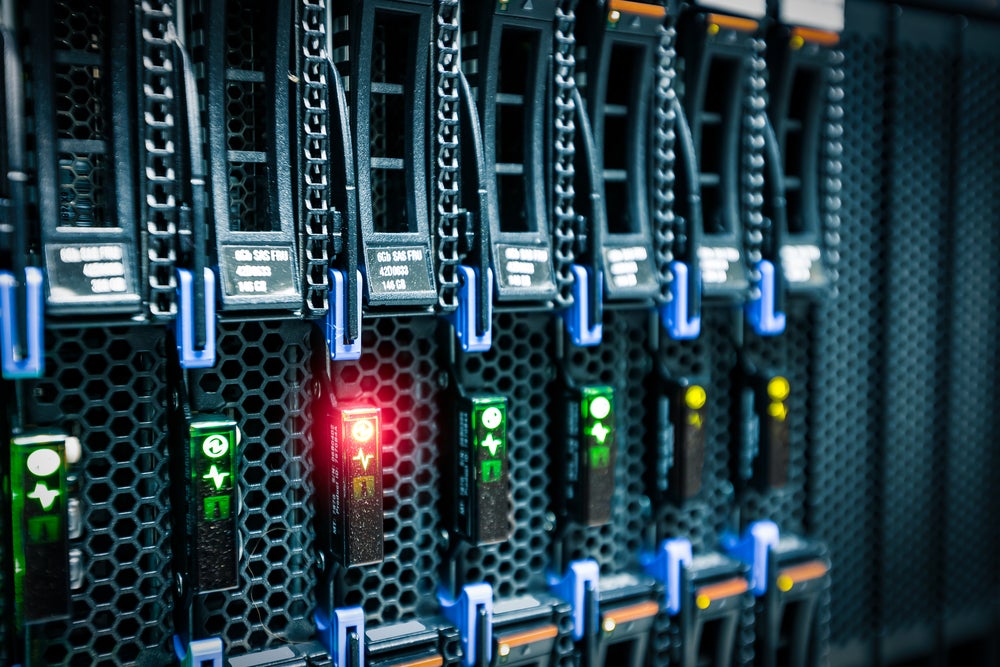
Scientists at Lancaster University have announced that they have invented an electronic memory device that realises the dream of universal memory – a previously hypothetical technology long considered to be revolutionary for the industry.
Universal memory is a computer data storage technology that until now has been purely conceptual, combining the speed and low cost of dynamic random-access memory (DRAM) and the stability of flash memory. This also would result in significantly lower power consumption.
It had been considered impossible by some in the field, but scientists at Lancaster University say that the electronic memory device they have invented and patented is the realisation of the universal memory dream.
“Universal memory, which has robustly stored data that is easily changed, is widely considered to be unfeasible, or even impossible, but this device demonstrates its contradictory properties,” said Professor Manus Hayne, a physics professor at Lancaster University.
The scientists have found the solution in quantum mechanics, allowing them to combine highly stable data storage with low energy, fast writing and erasing of data.
“The ideal is to combine the advantages of both [DRAM and flash memory] without their drawbacks, and this is what we have demonstrated. Our device has an intrinsic data storage time that is predicted to exceed the age of the Universe, yet it can record or delete data using 100 times less energy than DRAM.”
How well do you really know your competitors?
Access the most comprehensive Company Profiles on the market, powered by GlobalData. Save hours of research. Gain competitive edge.

Thank you!
Your download email will arrive shortly
Not ready to buy yet? Download a free sample
We are confident about the unique quality of our Company Profiles. However, we want you to make the most beneficial decision for your business, so we offer a free sample that you can download by submitting the below form
By GlobalDataDramatic power savings from universal memory
The electronic memory device has the potential to replace DRAM entirely in the computing industry – representing the most widely used type of memory found in computing.
As a result, its implication for the power consumption of electronics – which climbs each year as the number of devices proliferates – is significant.
If it were used in all of the world’s data centres, for example, it would drive peak power consumption by a fifth.
On consumer devices, it would translate into machines that never need to be booted up, and could instantly switch to sleep mode to save energy without users noticing – for periods as short as the gap between keystrokes.
The research is published today in the journal Scientific Reports.
Read more: From 5G to WiFi, technology power consumption is set to surge – can automation help?





